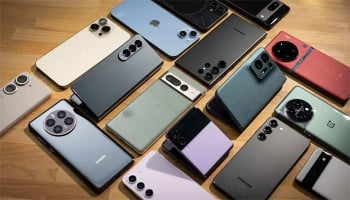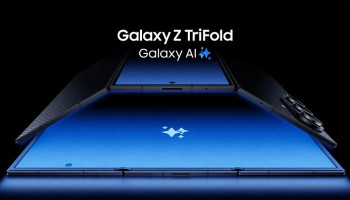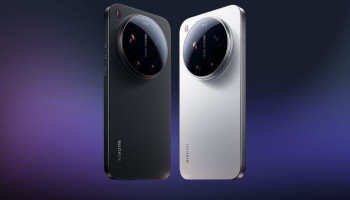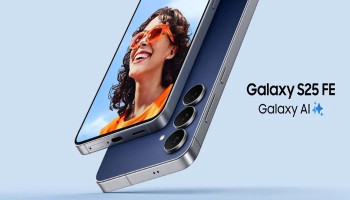
People believe Apple's devices outperform Android in smartphone security, particularly in the never-ending dispute between Android and iPhone.
Researchers decided to put that theory to the test, and while Apple's cell phones appear to be more secure than its competitors, the iPhone is far from a flawless security device.
Ernestas Naprys of Cybernews conducted the study by taking a brand-new iPhone and an Android phone and installing the top 100 free apps from each platform's app store. He also set up new social media profiles and authorised them in applications that would enable it.
Moreover, he left the phones dormant for five days and recorded how frequently they connected to foreign servers and where they were. Interestingly, the iPhone submitted more server queries than Android — 3,308 per day against 2,323.
Read more: Will Apple launch the RED version of iPhone 15 this year?
Whereas, having a larger number of servers, the iPhone was pickier about the ones it contacted. The iPhone connected to Facebook 20 times every day, compared to over 200 times per day on the Android phone.
Naprys employed a proprietary Domain Name System (DNS) to keep track of when and where server inquiries were made. Users don't have to be concerned about the health of their Android or iPhone security, but it is something to consider.
The Cybernews team stated: "This by itself is not unusual or very suspicious. These endpoints are used quite often in apps to track which ads users have watched, app usage, search patterns, and others. While this is a common practice, it does raise serious privacy and security concerns."
"While the data that is collected by these services is generally not that sensitive, however, journalists, activists, opposition, or other people that could be of interest to governments should take this seriously and be careful. They should avoid using such apps or, at the very least, block traffic tracking services," the researchers added.
If the users are concerned about their phone sending queries to nations like Russia and China, stick with an iPhone. It's not perfect, however, it appears to be a little more attentive about picking safe locations and using its servers wherever feasible.
In addition, there are other privacy-focused phones, like as the Punkt phone, which debuted earlier this year at CES 2024 and runs an open-source code version of Android.















